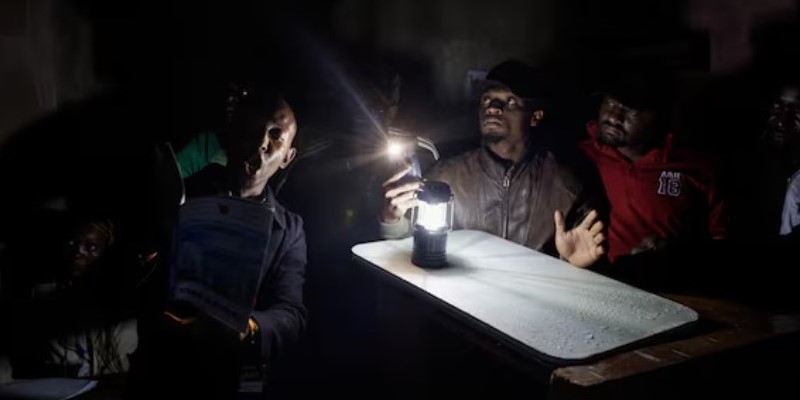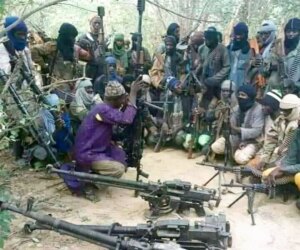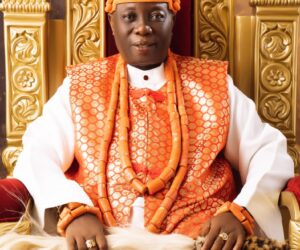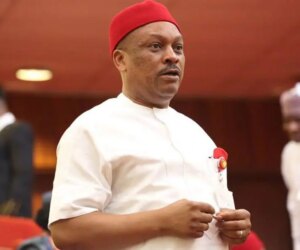Internet access in Cameroon has been significantly disrupted amid protests over alleged irregularities in October’s presidential election. This is the second time the West African country is experiencing an internet blackout amid a crisis surrounding President Biya’s re-election.
A real-time metric by internet monitor NetBlocks shows that access to multiple social media platforms was restricted on Wednesday.
“Metrics show restrictions to social media and messaging platforms TikTok, YouTube, Facebook and Telegram in #Cameroon, corroborating user reports; the incident follows widespread telecoms disruptions during elections in October amid protests met with a deadly crackdown,” Netblocks said in an X post.
Cameroon has been witnessing a fierce youth protest over the refusal of President Biya’s re-election. The social unrest continued after he was declared the winner of the election, extending his rule beyond 40 years.
Despite a strong opposition, human rights groups and opposition parties have accused Elections Cameroon (ELECAM) of fraud, intimidation, and manipulation of the vote count.
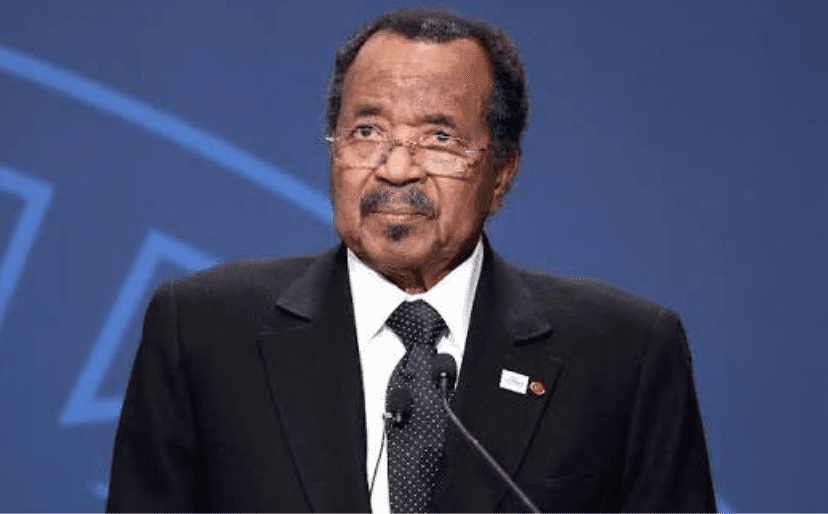
According to a local newspaper, Douala, Cameroon’s largest city, came to a halt on Monday, as streets were shut down by protesters. The violence has continued to hinder daily activities in the city, with business and traders forced to stay at home.
Cameroon had previously recorded an internet blackout on October 23 following reports that President Biya was on the verge of being re-elected after claiming an early lead in the October 12 election.
On October 27, the Cameroon Constitutional Council declared Paul Biya, the world’s oldest leader at 92, as the winner, confirming his eighth term as president.
The country’s internet shutdown follows a recent experience in Tanzania, which followed a crisis marred by protests against a one-sided election. Incumbent President Samia Suluhu Hassan claimed a 98% victory after the main opposition party, Chadema, was barred from competing.
Also Read: Inside Africa’s internet shutdown economy: why and who pays the price?
Cameroon’s internet blackout: a human rights issue
Internet shutdowns have become a tool used by authorities to control activities during social unrest. This has been tagged as a human rights concern by Amnesty International.
The human rights organisation, in response to Tanzania’s incident, noted that access to the internet is a human right, and government-imposed internet shutdowns are a violation of international human rights law. The body went on to condemn such activity and tagged it an attempt to hide all forms of abuses and suppress dissent.
“Imposing internet shutdowns, especially when people are protesting, stops important information from reaching citizens—such as how to find areas of safety or contact emergency services,” it said in an X post on Monday.
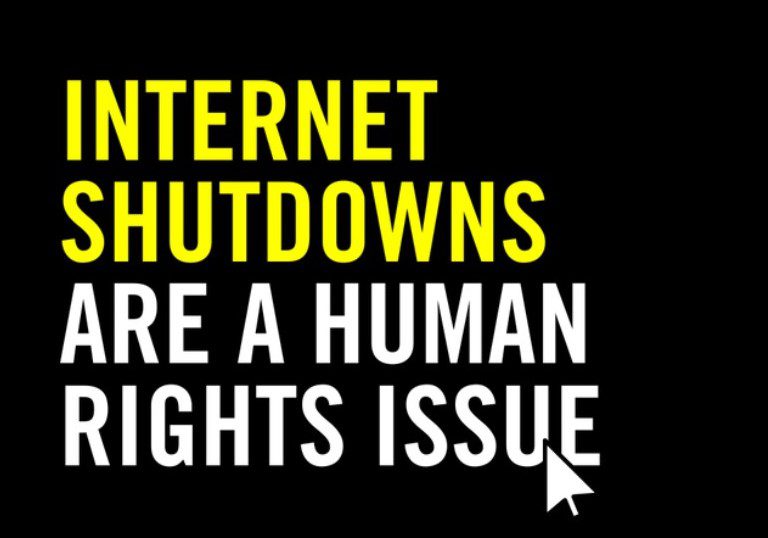

The organisation added that internet shutdowns not only prevent records of violations but also mar economic activities.
During Tanzania’s seven-day blackout, the report shows citizens could not seamlessly perform day-to-day activities such as digital payment, simple SMS text. There were also records of money scarcity, which brought the economy to a standstill.

